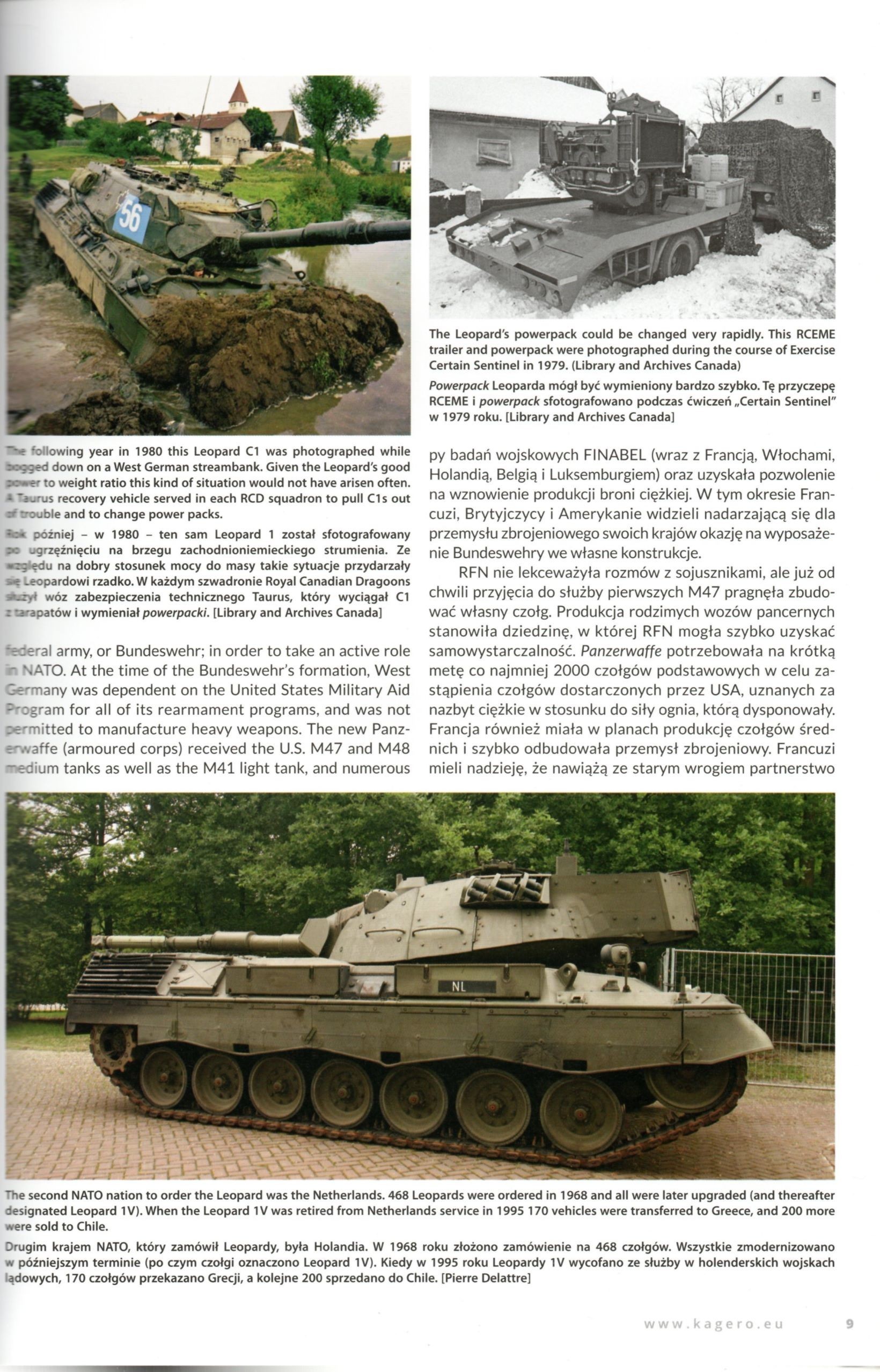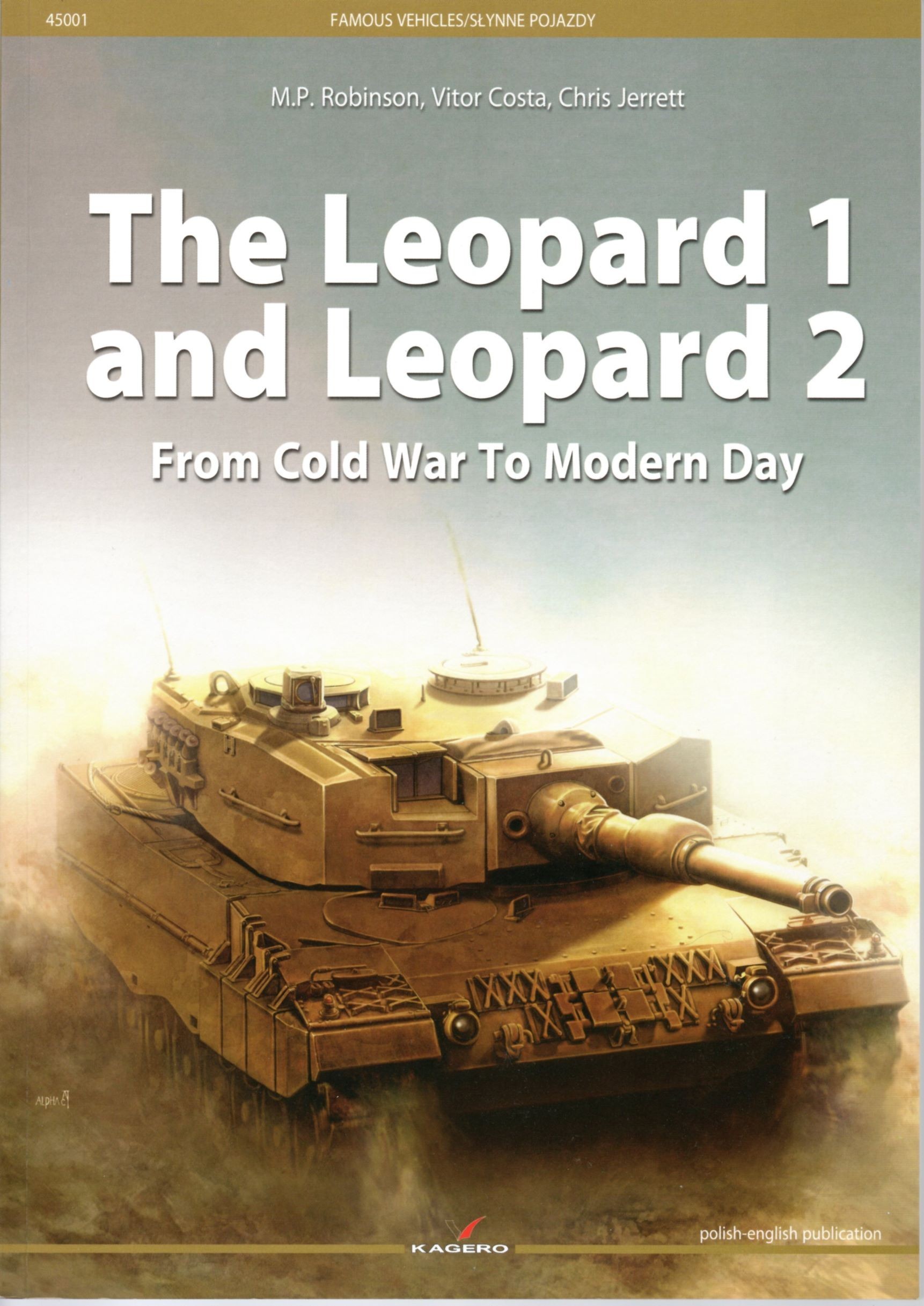Introduction:
The German Leopard 1 and 2 tanks have been a great success story for the German defense industry with a long history serving in the Bundeswehr and several other countries around the globe. This book merges a good overview of the Leopard 1 and 2 tanks with detailed coverage of some 1/35 model tank builds.
Review:
The book is a softcover portrait format of 115 pages with color photographs and plates with high-quality printing in English and Polish text. This review covers the English text only.
The first almost half of the book is Origin of Species: Leopard 1 and Leopard 2 - Germany's Cold War Predators by M.P. Robinson.
With the wide variety of Leopard 1 and 2 tanks and variants across the primary and secondary users, attempting a historical overview within a limited number of pages is quite a daunting task. I've read several in-depth books on the Leopard tanks and I was pleased with the accuracy of this section. It is a good overview of the Leopard tank in service, including some of the most recent history, and the selection of photographs covers well and included some photos I hadn't seen before.
Following the history section of the Leopard 1 and 2 are two model builds. Polish Leopard 2A6 Tamiya Scale 1/35 by Vitor Costa and Dutch Leopard 2A6 Tamiya Scale 1/35 by Chris Jerrett.
The Polish Leopard 2A6 build appears to be a 2A5 which is more accurate for Polish Army service so likely just a typo. Both builds show a great amount of detail on the build process, especially where aftermarket pieces are used but the most informative for me was the process for weathering and for these builds it wasn't overdone. Also useful was the application of aftermarket and hand made details where needed. This section is great for those wanting to improve their builds. Fantastic looking finished builds with great coverage in photographs. I do wish that with the content of the book containing the mention of the Leopard 1 that one build would be of the Leopard 1. But the builds do go into a lot of detail and are accompanied by very good and informative photographs.
Following the model builds are 4 pages of color plates of Leopard 2s.
Conclusion:
I have several books on the Leopard 1 and Leopard 2 in my library and while it's great to dig into the details of a specific country's Leopards, it is also enjoyable to look at the Leopard tank across the span of its service. This is a good book for someone getting into Leopards and also those who want to get some good build and painting tips. A worthy addition to my Leopard library at a good price.


